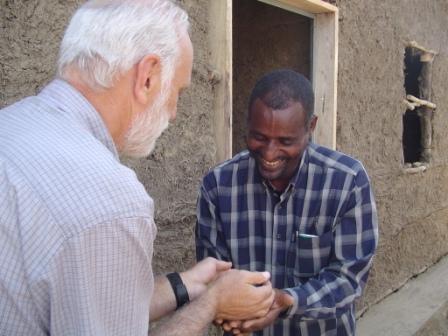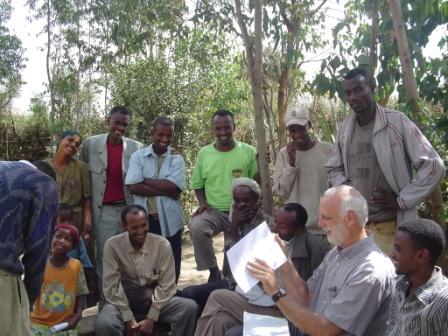|
restoring our biblical and constitutional foundations
|
Beyond Lone Ranger Christianity
In recent years I have become increasingly aware of the power of the letter to the Philippians. It is Paul’s earth-shattering tale of two women who are divided over some matter when instead they should be working together for the sake of the Gospel (as we all should be doing). But it is Paul’s personal ambition that speaks so directly to me – how he aspired to know Christ, be like Christ, live for Christ.
What humility! “Humility?” you ask. “Don’t you mean dedication and devotion?” Yes, but mainly humility. The one who aspires to be like Christ demonstrates humility in that he knows full well that he will never attain the ideal he sets for himself because of its very height. Compared to Christ, he actually becomes less worthy and further from his model. Christ appears higher by the day, and the distance only lengthens between Master and servant. Sometimes the feeling of expanse between Christ and me is so real I can hardly endure it.
Yet herein lies yet another teaching of Philippians. The truth is that no man can imitate Christ on his own. It’s good for the soul to remember that the imperatives in Philippians are in the plural because they prepare us for the realization that it is the church which knows Christ and makes Him known, and that believers are to be partners, co-workers in the Gospel. Recalling the unity of Christ’s apostles and the sense of community the first Christians experienced, we today have become lone rangers by comparison. What grace it is when God opens our eyes to see our sins, our salvation, our concerns, our debts, our victory, our immaturity, our goals, our ministry.
In recent years I myself have undergone a change of mentality in this area. Working with the local churches in Ethiopia has taught me much about living in community and has also shown me how much more there is to know.
It truly astonishes me that we can work together as well as we do despite our cultural, ethnic, and linguistic differences.

I believe there are immense possibilities for the development of a “community movement” of this kind at present, above all in the United States, where most of our congregations can hardly be considered genuine communities. Working for Christ as a team is no easier today that it was in the days of Paul. But it can and must be done.
We see about us so little of this community, do we not? Too seldom do I see churches where community life is really shared. But the concept of community is not a cloak to cover the eyes. How relieved I am to reflect that Christ does not depend on me individually but as a member of His mystical Body, His church. The church is Christ living and doing, not just through me, but through us.

To see the church in any other way is not really to see it at all, but only its shadow. To see one’s congregation as a collection of lone rangers is to be a congregation in fragment and in part. And to be a congregation in part is to fail Christ.
May our churches awaken to the full life of community within the very innards of our being!
March 21, 2008
David Alan Black is the editor of www.daveblackonline.com.